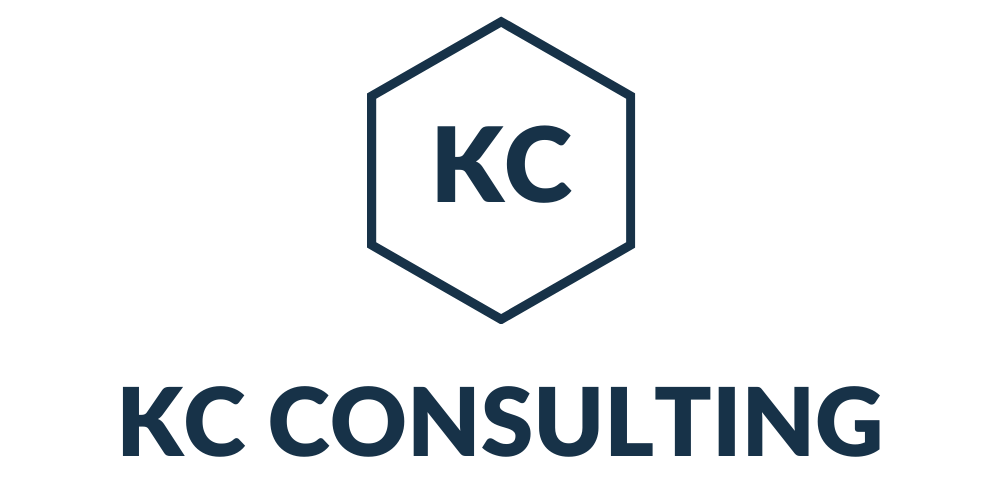The initiative in Kenya represents the first integrated project in the world to bring Africa into the vertical bio-refinery supply chain by providing income opportunities and market access to thousands of farmers in degraded areas.

Eni completed the construction of an oilseed collection and pressing plant (agri-hub) in Makueni, Kenya. The plant started production of the first vegetable oil for bio-refineries on July 18.
In a statement, the Italian energy giant said that the agri-hub, the first of its kind built in Kenya, has an installed capacity of 15,000 tons with an expected production of 2,500 tons in 2022.
In July 2021, Eni and the Ministry of Petroleum and Mining of Kenya signed a Memorandum of Understandingto promote the decarbonization of the Kenyan economy. The launch of industrial-scale biofuel production in the country includes the construction of 20 agri-hubs and the conversion of the Mombasa refinery.

The Makueni agri-hub will process castor, croton, and cottonseeds to extract vegetable oil. These are sustainable materials that do not compete with the food supply chain. In fact, they come from crops that are resistant to aridity and suitable for growing on degraded soils (castor crops), seeds harvested from spontaneous plants (croton), and co-products of the cotton supply chain, reused in a circular economy perspective.
The facility will also produce feed and bio-fertilizers derived from the protein component of the seeds, contributing to food security. The center will also be a training and technical support hub for local farmers.
Eni Kenya, its supply chain, and all agri-feedstocks developed have been certified under the International Sustainability and Carbon Certification (ISCC-EU) sustainability scheme, one of the voluntary standards recognized by the European Commission for biofuel certification (RED II).

Notably, Eni is the first company in the world to certify castor and croton for biofuel use under the ISCC-EU scheme. It has also enabled an African cotton mill to achieve such certification standards for the first time, offering new market opportunities to local farmers for the fiber.
“This project embodies all the pillars of Eni’s approach to sustainability. The first pillar is carbon neutrality, as bio-refining is crucial in our path to zero emissions by 2050. Second, operational excellence, as we completed the work on schedule, one year after our agreement with the Kenyan government and six months after the construction work started, in total safety, with more than 200,000 hours worked without any accidents. Third, social development, as we are creating opportunities for the local community: we have involved 25,000 farmers and employed up to 200 people a day in the construction of the center,” Claudio Descalzi, CEO of Eni, commented.
“In our vertical integration model, seed cultivation is handled by local farmers, thus promoting their access to market and ensuring access to land,” Descalzi added.

The next phase of the project in Kenya includes the construction of a second agri-hub to reach a total capacity of 30,000 tons per year of vegetable oil in 2023, as well as the development of associated agricultural supply chains.
The startup of the production in Kenya represents the first step in Eni’s agro-industrial chain initiatives. Over the past year, Eni has signed agreements in several countries, including Congo, Mozambique, Angola, Ivory Coast, Benin, Kazakhstan, and Rwanda. In these countries, as well as in Italy, Eni is carrying out feasibility studies to start the first phase of agricultural activities in 2022 and then proceed with the construction of seeds pressing plants for bio-refining.


Recent Comments